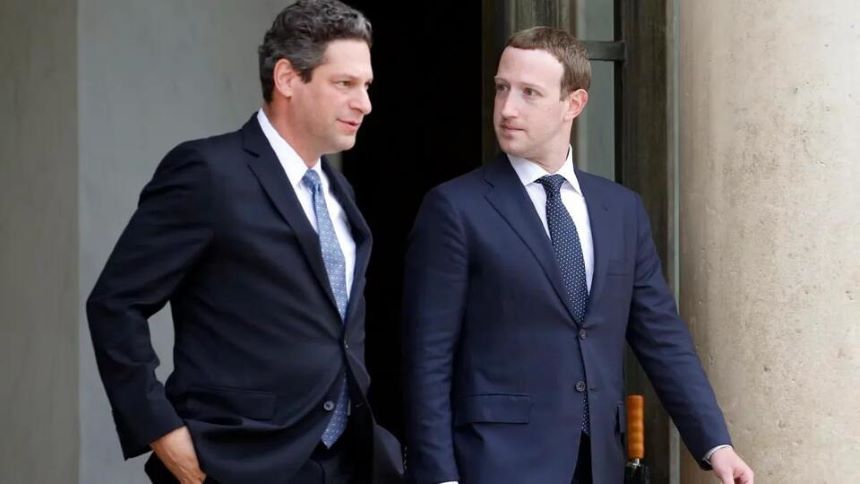Nandini Roy Choudhury, writer
Brief news
- The Chinese government is dissatisfied with the European Union’s reduction of tariffs on electric vehicle imports, believing that the investigation into China’s subsidies for its electric vehicle industry had pre-determined conclusions and that the EU is fostering unethical competition.
- China will take necessary measures to defend the rights and interests of Chinese companies.
- The EU reduced import duties on electric vehicle manufacturers from China, including Tesla, and established lower tariffs than anticipated. China submitted legal documents and evidence to defend its practices, but the EU ruling did not fully consider China’s opinions. China strongly opposes this and intends to prevent trade frictions and resolve disputes with the EU.
Detailed news
On Wednesday, the Chinese government expressed its dissatisfaction with the European Union’s reduction of tariffs on electric vehicle imports, following the bloc’s decision to reduce tariffs on several key electric manufacturers, such as Tesla.
A spokesperson for the Ministry of Commerce stated to reporters that Beijing remains convinced that the European Union’s investigation into China’s subsidies for its electric vehicle industry has reached “pre-determined conclusions.” The spokesperson also stated that the bloc is fostering unethical competition.
According to a Google translation, the spokesperson for the Ministry of Commerce stated, “China will take all necessary measures to resolutely defend the legitimate rights and interests of Chinese companies.”
The European Commission, the executive body of the European Union, reduced import duties on a number of electric vehicle manufacturers that import cars into the EU from China on Tuesday.
It also established tariffs on Tesla, an electric vehicle manufacturer owned by Elon Musk, at 9%, which is lower than the previously anticipated 20.8% rate.
These tariffs are in addition to the 10% EU duties that are currently in place on battery electric vehicles that are imported into the region from China.
The Commission also reduced tariffs on a number of Chinese electric car manufacturers, such as BYD, SAIC, and Geely.
The EU initially declared the tariffs in June in response to its apprehensions that the substantial subsidies provided by China’s electric vehicle industry are distorting competition in Europe.
The Chinese Commerce Ministry responded to the action by stating that the government and China’s EV industry submitted “tens of thousands of pages of legal documents and evidence materials” through a variety of methods, including submitting questionnaires, written comments, and hearing statements.
These documents, according to the Ministry, “have comprehensively and deeply defended the unreasonable and non-compliant practices of the EU” and have emphasized how EU tariffs “will disrupt the stability of the global automotive industry chain supply chain, including the EU.”
The Ministry stated that the EU’s ultimate ruling “did not fully account for China’s opinions” and was “based on the ‘facts’ that the EU unilaterally identified, rather than the facts that were recognized by both parties.”
According to the Ministry, China is very concerned and strongly opposes this.
It also expressed its intention to take practical measures to prevent the escalation of trade frictions and to resolve any trade disputes with the EU.
Source : CNBC News



